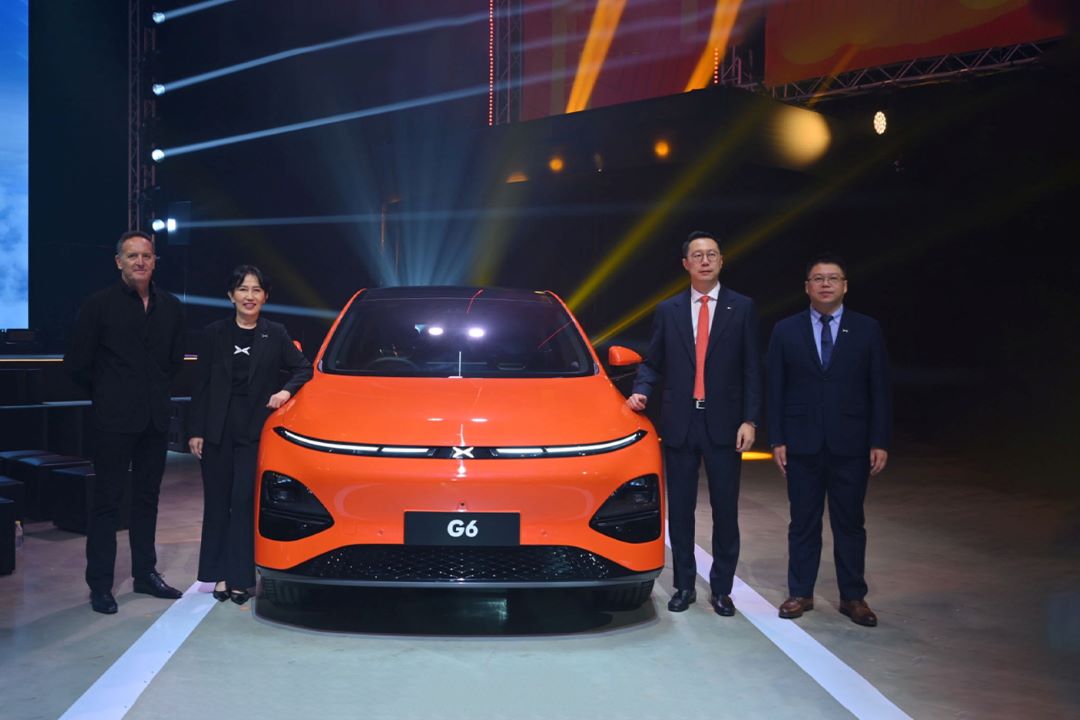Xpeng Inc., a prominent Chinese electric vehicle (EV) manufacturer, is actively exploring locations in Europe to establish a manufacturing facility as a strategy to counter the impact of import tariffs. In a recent interview at the company’s headquarters in Guangzhou, CEO He Xiaopeng revealed that Xpeng is in the early stages of selecting a site within the European Union as part of its plan to localize production.
He noted that the company aims to build its manufacturing capacity in regions with “relatively low labor risks.” Additionally, Xpeng plans to establish a large-scale data center in Europe, recognizing the importance of efficient data collection for the intelligent driving features of its vehicles.
Despite the challenges posed by increased tariffs, He emphasized that Xpeng’s global expansion plans remain on track. However, he acknowledged that the higher tariffs could reduce the company’s profits in some European markets.
By setting up manufacturing operations in Europe, Xpeng would join other Chinese EV manufacturers like BYD, Chery Automobile, and Geely’s Zeekr, which are also moving production to the region in response to the European Union’s decision to raise duties on China-made EVs to as much as 36.3%. Xpeng is facing an additional tariff of 21.3%.
The increased European tariffs are part of a broader global trade conflict. The United States has also imposed tariffs on Chinese EV imports, with rates that can exceed 100%, reflecting the ongoing economic tensions between the world’s two largest economies. These trade barriers add to the challenges for Xpeng, which has also been grappling with slow domestic sales, product strategy issues, and an intense price war in China. The company’s stock price has fallen by more than half since January. In the first half of the year, Xpeng delivered around 50,000 vehicles, which is only a fraction of the monthly sales of its competitor BYD. Although Xpeng’s delivery outlook for the current quarter exceeded analysts’ expectations, its projected revenue fell short, according to its latest quarterly report.
One positive development for Xpeng is its partnership with Volkswagen, which began a year ago. Hundreds of Volkswagen employees are now working at Xpeng’s Guangzhou headquarters, with senior managers from both companies meeting regularly. He mentioned that the collaboration is helping Xpeng, particularly in managing complex supply chains. This partnership contributed to Xpeng’s gross margin rising to 14% in the second quarter, up from a negative 3.9% a year earlier.
Xpeng is also banking on its expertise in artificial intelligence and advanced driver-assistance systems to gain a foothold in Europe. The company plans to establish a large-scale data center in Europe before introducing these features in the region. He highlighted that Xpeng has made significant investments in AI research and development, including in-house semiconductor production, which he believes will be crucial for the future of “intelligent” vehicles.
“To succeed in the next decade, automakers will need to sell a million AI-powered cars annually, where drivers may rarely touch the steering wheel during their daily commute,” He said. “We expect to see such products on the market by 2025, and Xpeng will be among the leaders.”







